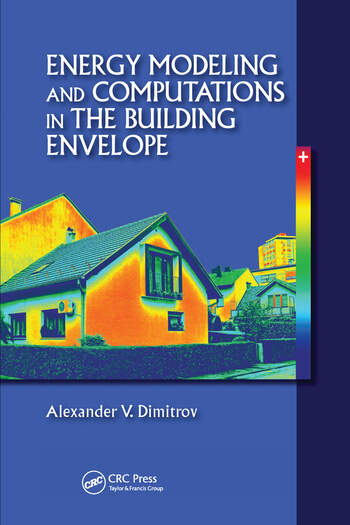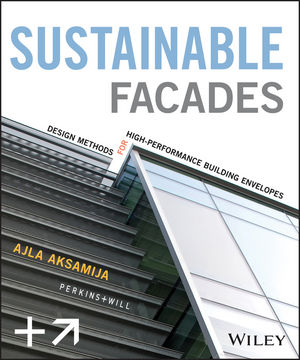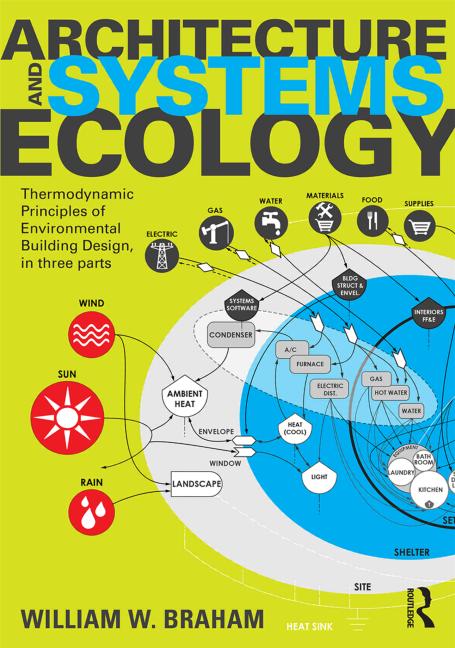BIA Supports Energy Innovation at 2024 Virginia Energy Summit
The Brick Industry Association (BIA) joined energy leaders at the 2024 Virginia Energy Summit to further access to reliable, affordable, clean and abundant energy.
The summit that ran July 18-19 in Virginia Beach, Virginia was hosted by Virginians for Energy Diversity, the Virginia Department of Energy, the Virginia Manufacturers Association, Virginia legislative leaders and other key stakeholders committed to the Commonwealth’s Energy Plan. Speakers included Virginia Gov. Glenn Youngkin, Sen. Mark Warner (D-Va.), nationwide energy regulators and experts along with members of the Virginia General Assembly.
“The brick industry is actively working to help advance renewable energy development and access for all,” said summit panelist Joseph Casper, BIA’s senior vice president for government and regulatory affairs.
Casper spoke on a panel discussion titled “Business Energy Consumers: Balancing Affordability, Sustainability and Competitiveness,” moderated by David Holt, president, Consumer Energy Alliance.
A joint press release said the summit works to establish a better understanding of the costs and benefits of renewable energy, the fuel and infrastructure needs of critical infrastructure sector industries, the pending threats to electric grid stability, the national and economic implications of electrifying the economy, the burgeoning cost of electric transmission infrastructure and the regulatory transparency needed to protect consumers and producers from imprudent, unaffordable costs.
This year’s summit focused on the relationship between energy, critical infrastructure and national security. Industry leaders and federal/state regulators compared the Virginia Energy Plan and the Virginia Clean Economy Act to the energy experiences of select states, European Union states and Asian countries. The summit also takes a deeper dive into mapping the infrastructure needs required to expand consumer access to natural gas, renewable gas, biogas, hydrogen and propane resources.
Featured innovative energy technologies included hydrogen generators, fuel cells, grid modernization, and advanced nuclear energy along with mapping the infrastructure needs to expand consumer access to natural gas, renewable gas, biogas, hydrogen and propane resources.
For more details, visit the Virginia Manufacturers Association’s website.
Looking for a reprint of this article?
From high-res PDFs to custom plaques, order your copy today!








